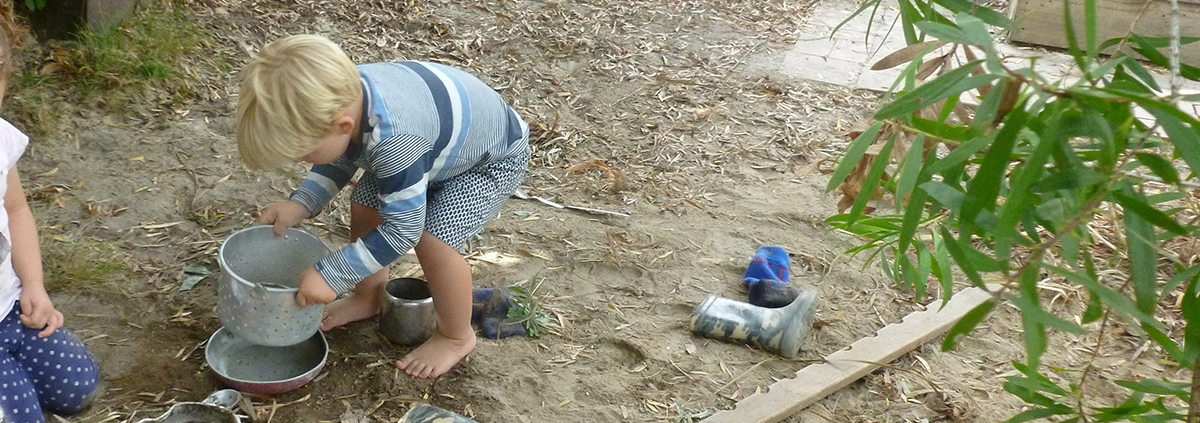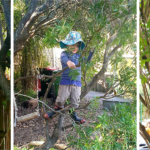Education Principles of Waldorf / Steiner Kindergartens
Waldorf based programs may differ according to geography, culture, group size, age-range, and individual teaching approach. Granting these differences, Waldorf programs share certain fundamental characteristics:
- Loving interest in and acceptance of each child.
- Opportunities for self-initiated play with simple play materials as the essential activity for young children. This is the young child’s work and makes it possible for them to digest and understand their experiences.
- Awareness that young children learn through imitation, through the experience of diverse sensory impressions, and through movement. Their natural inclination is to actively explore their physical and social environment. The surroundings offer limits, structure and protection, as well as the possibility to take risks and meet challenges.
- A focus on real rather than virtual experiences to support the child in forming a healthy relationship to the world.
- Artistic activities such as storytelling, music, drawing and painting, rhythmic games, and modelling that foster the healthy development of imagination and creativity.
- Meaningful practical work such as cooking, baking, gardening, handwork and domestic activity that provide opportunities to develop unfolding human capacities. Here the emphasis is on the processes of life rather than on learning outcomes.
- Predictable rhythms through the day, week and year that provide security and a sense of the interrelationships and wholeness of life. Seasonal and other festivals are celebrated according to the cultural and geographical surroundings.



